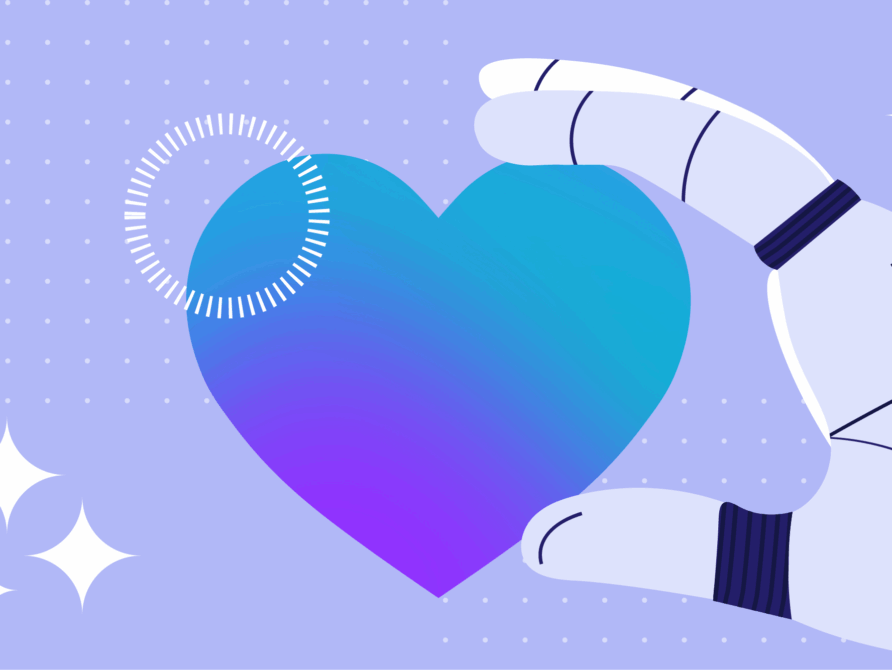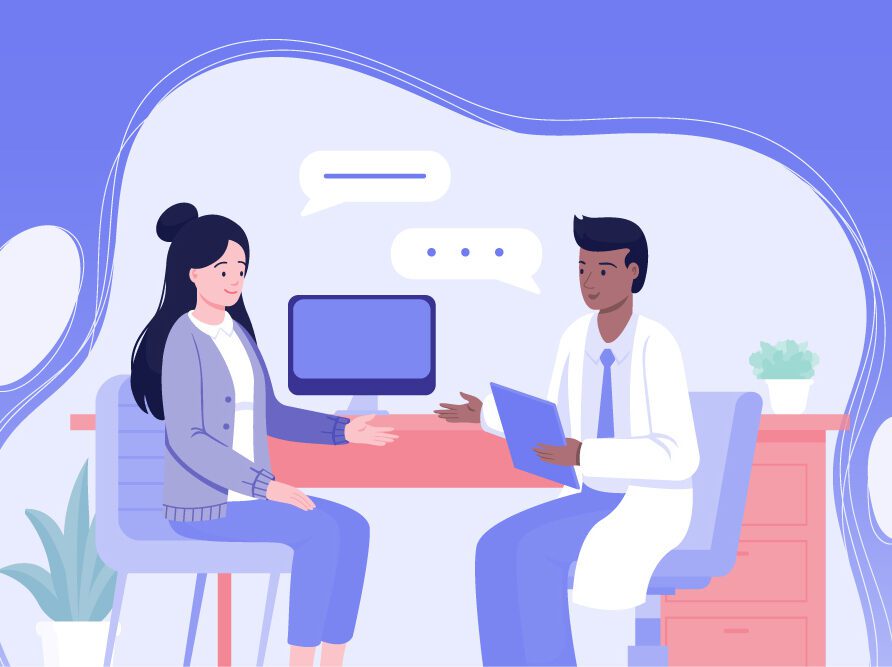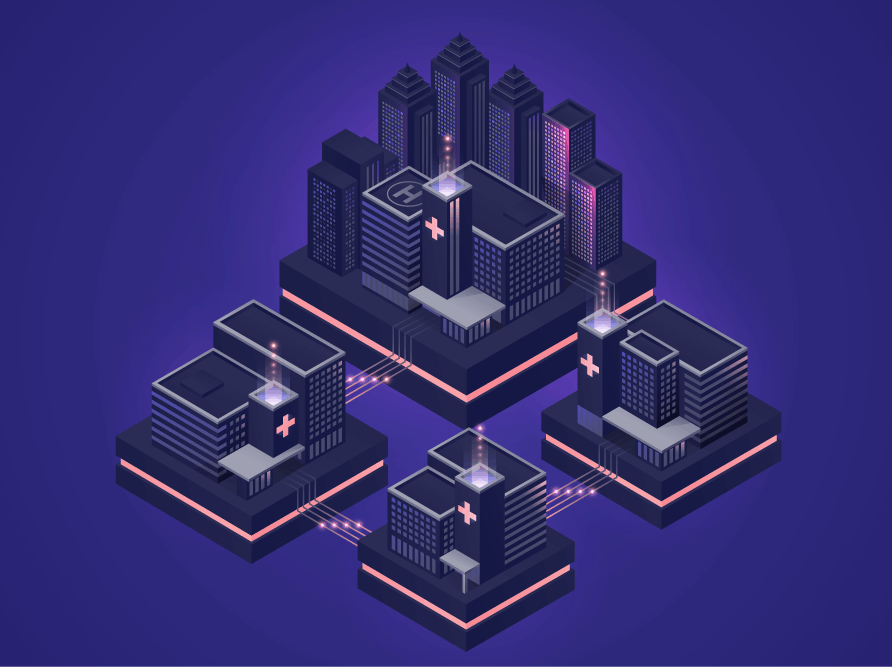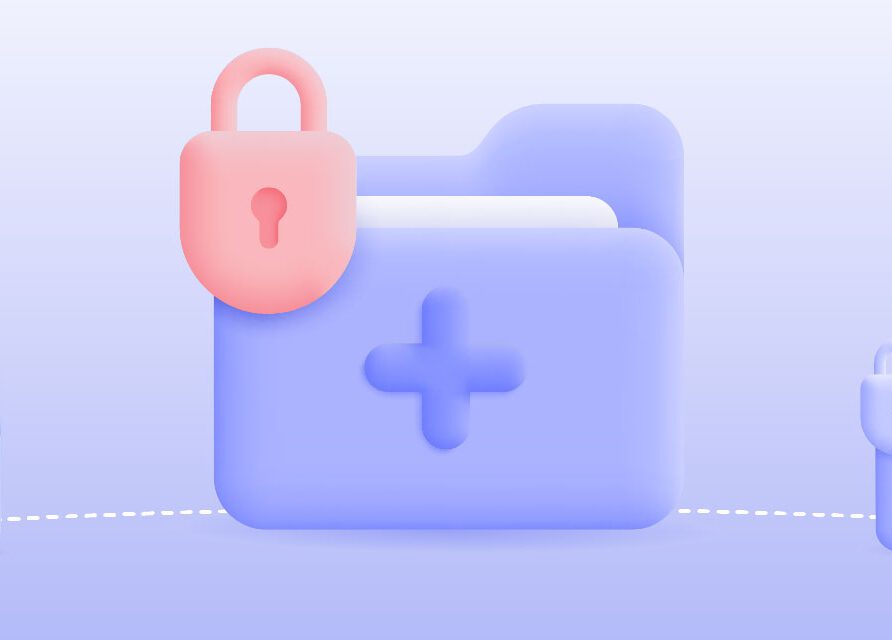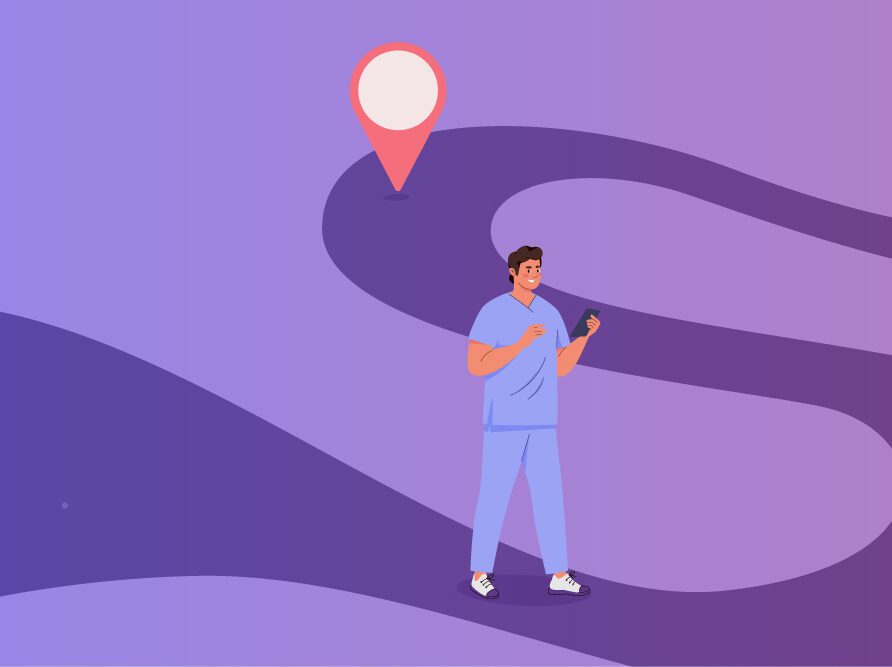Article
The silent advocate: How AI can alleviate mental health struggles in nurses
As frontline caregivers, nurses often bear the weight of high workloads, emotional exhaustion and administrative pressures—all of which contribute to rising levels of burnout and mental fatigue. While healthcare systems have long focused on patient outcomes, a growing body of evidence suggests that the well-being of nurses is equally vital to the delivery of safe, compassionate care. One surprising ally in supporting nurses’ mental health is artificial intelligence (AI) integrated into electronic heath records (EHRs). I’ve discussed this topic a bit before in my previous blog, but now I want to examine some of the ways this technology is helping nurses maintain better mental health.
The depths of administrative burden
Nurses often spend hours each shift on documentation, order entry and chart reviews. This is time that could be spent on patient care or, often as important but sometimes overlooked, self-care. EHRs can automate and streamline many of these routine tasks, especially when integrated with AI. Through natural language processing and predictive text, AI can transcribe clinical notes from voice input, auto-suggest common documentation phrases and even flag incomplete fields before submission. This reduces cognitive load and the sense of being overwhelmed, giving nurses back precious time and mental bandwidth. When this happens, not only is the clinical outlook improved, but we can also see that nurses are in a better position to build meaningful connections with patients while knowing the technical side of care is accounted for. We have to remember that nurses become nurses to help treat patients, not to spend hours typing. Documentation is critical, but it shouldn’t be a burdensome weight.
We have to remember that nurses become nurses to help treat patients, not to spend hours typing.
Improved morale through better decision-making
Clinical decision-making can be a major source of stress, especially in high-acuity or understaffed settings. Again, AI algorithms within EHRs can analyze patient data in real time to suggest interventions, highlight potential complications or detect early signs of deterioration. This clinical backup helps nurses feel more confident and supported, especially newer nurses or those working in unfamiliar specialties. Time spent on mitigating second-guessing often leads to reduced anxiety levels and improved morale. This still means nurses are making critical calls for their patients, but after a long week of shifts, it is true: Technology can help alleviate any doubt when spent making clinical choices.
Making work–life balance a reality
This is a big one. And even more prescient in the wake of the COVID-19 pandemic. To help meter out nurses’ workloads, many EHRs offer smart scheduling tools that consider workload intensity, shift history and staff preferences. These tools, often powered by AI, optimize shift assignments to minimize burnout risks and promote fairer distribution of workload. When nurses feel that their time and well-being are respected, it fosters a healthier work environment and supports a better work–life balance, which are two essential elements for positive mental health.
Emotional insight and support
While in nascent stages, some advanced EHR systems are beginning to incorporate sentiment analysis and wellness tracking. By monitoring indicators like task completion time, patient interaction logs or even typed note patterns, the system can flag signs of emotional distress or burnout. In doing so, it enables proactive support from leadership or mental health resources. Catching issues before they escalate is the best way to ensure all clinicians are protected.

Building a culture of care
When EHRs are designed with nurses’ mental health at the center, they reinforce a culture that values care not just for patients, but also for providers. As we’ve touched on, AI doesn’t replace human empathy—it helps protect it, by reducing the digital drudgery and information overload that can drain emotional energy.
AI: The silent partner
Artificial intelligence in EHRs has the potential to do more than streamline hospital operations. It can become a silent partner in caring for the caregivers. By reducing workload, supporting clinical decisions, enabling better schedules and detecting emotional distress before it gets to be a bigger problem, AI can help nurses feel more empowered, less overwhelmed and better equipped to act on the compassion that drives their profession.


